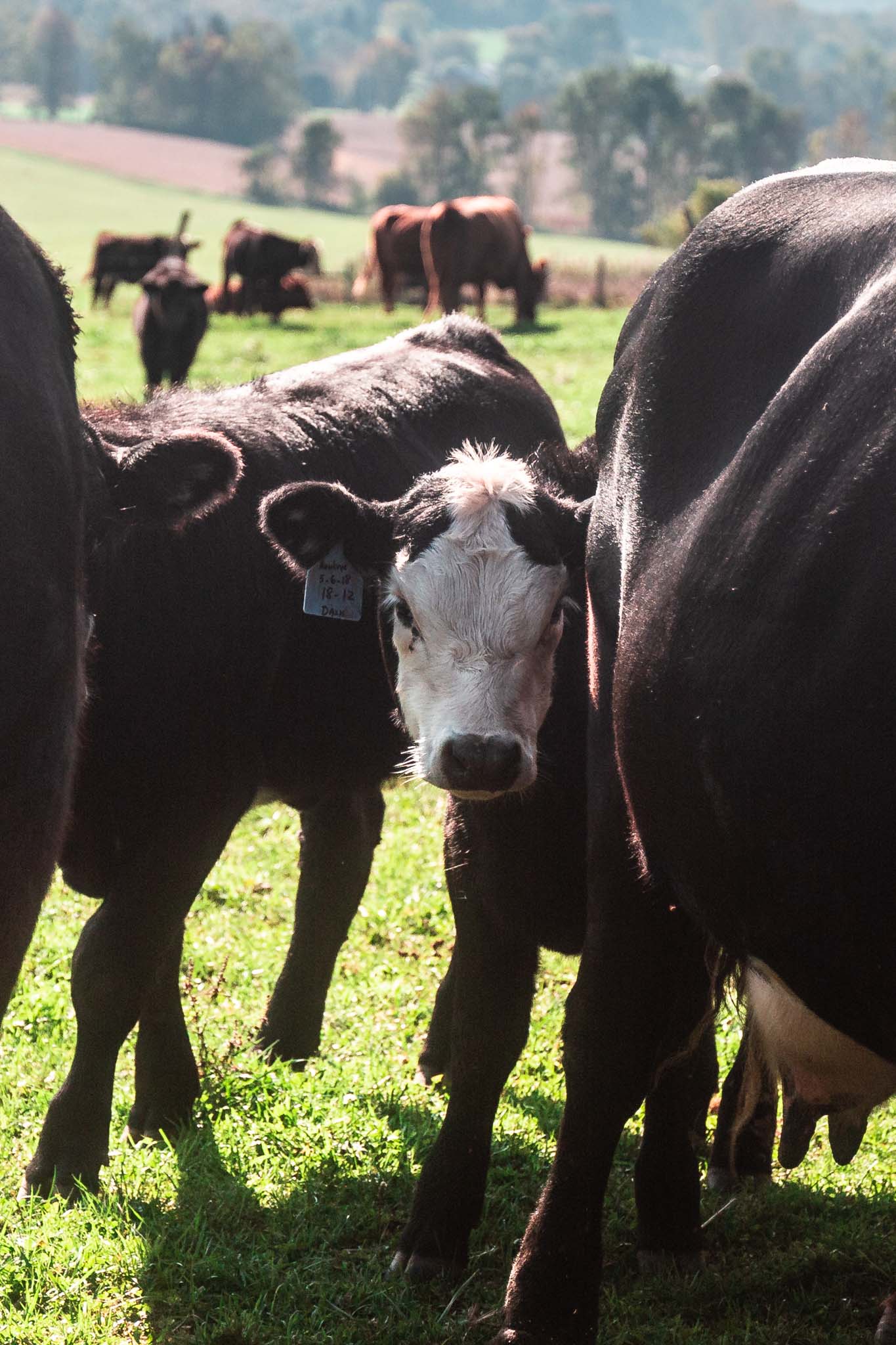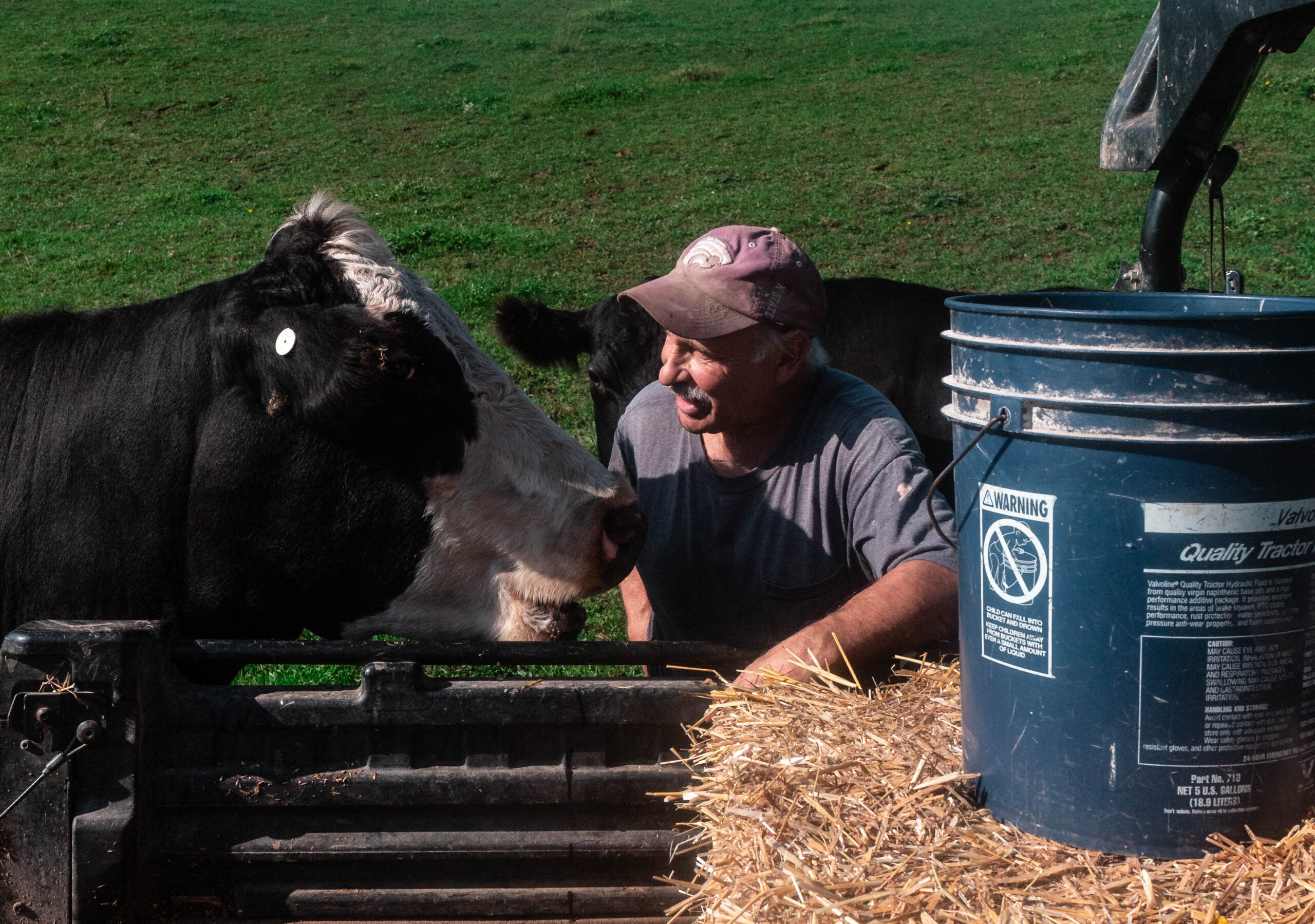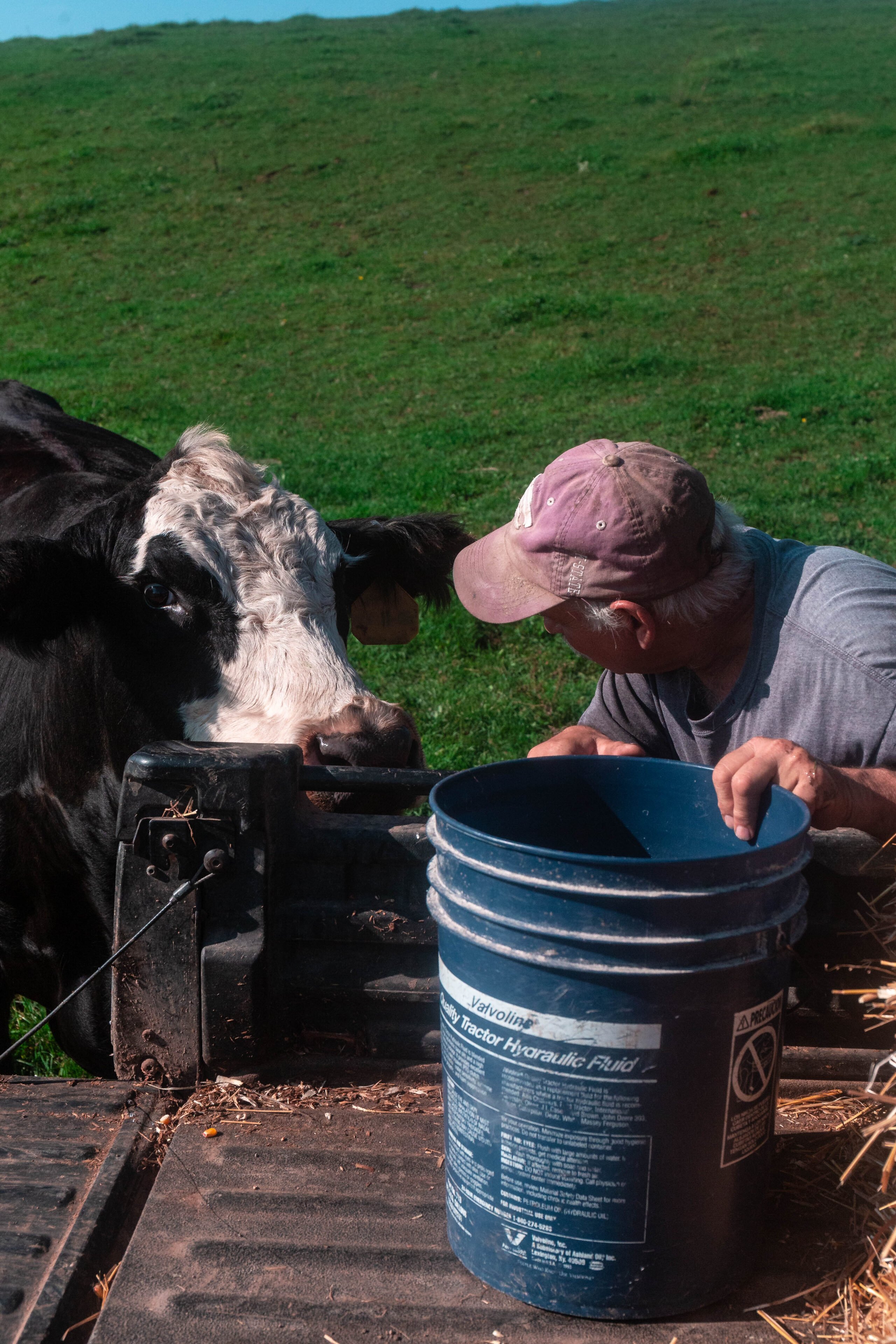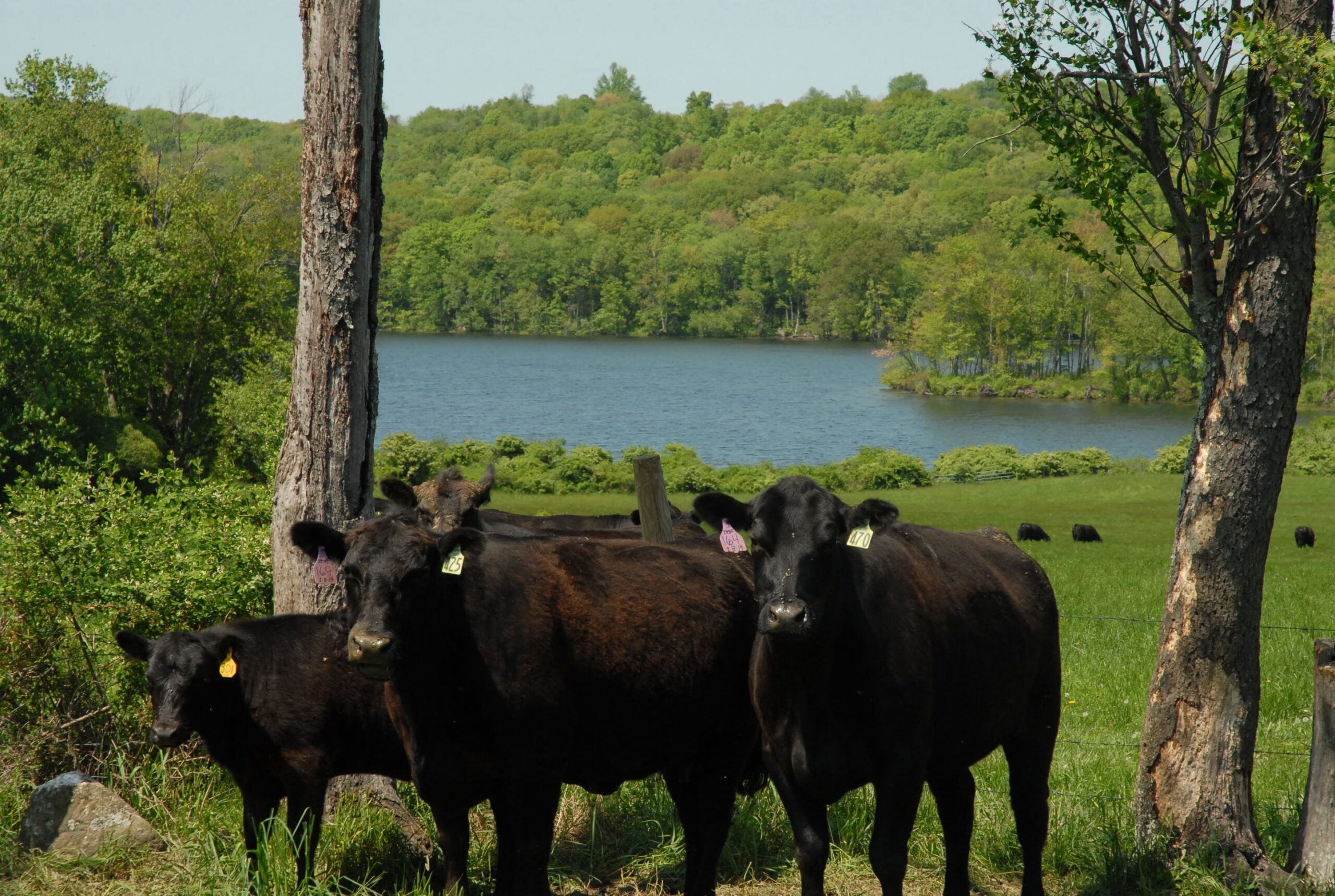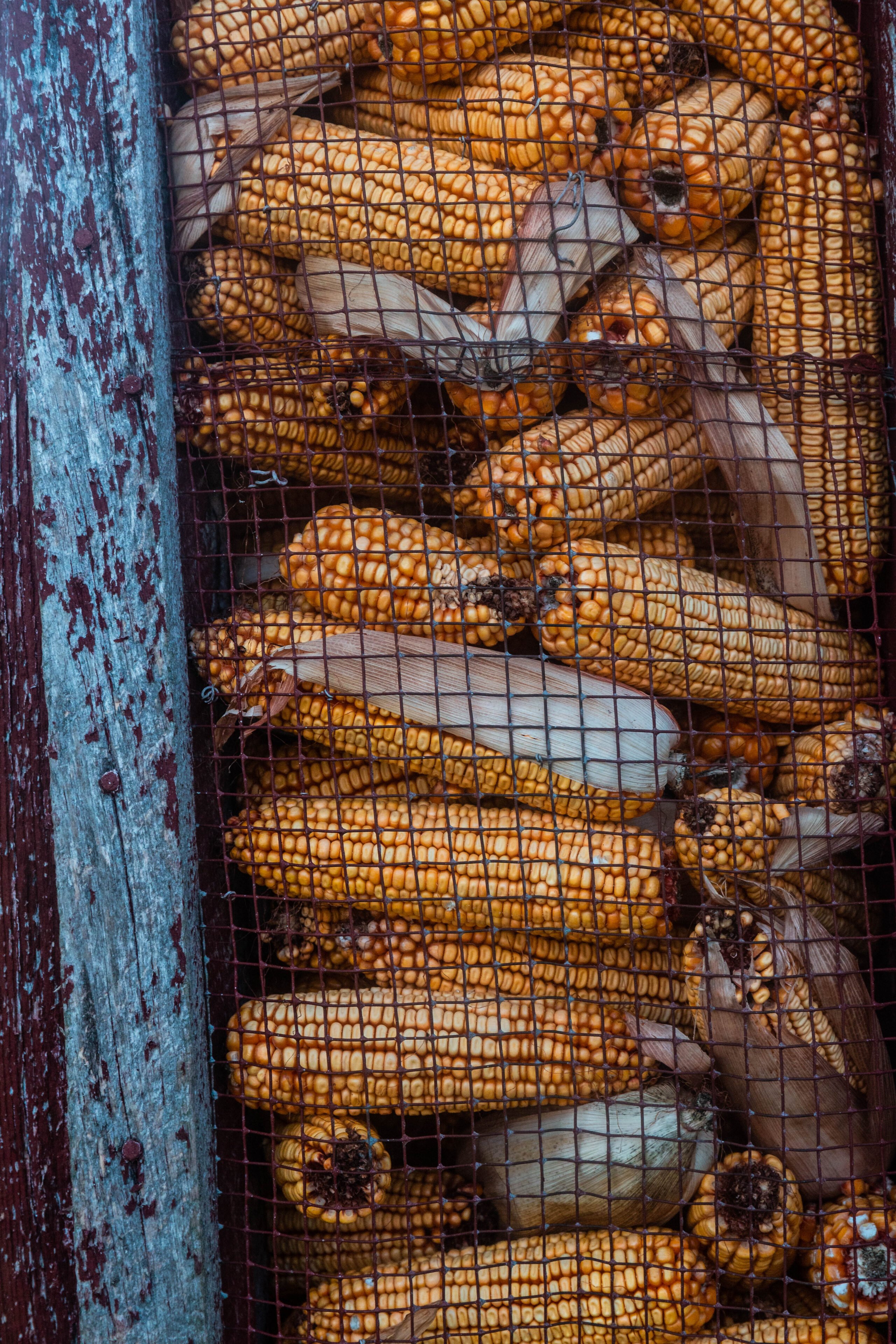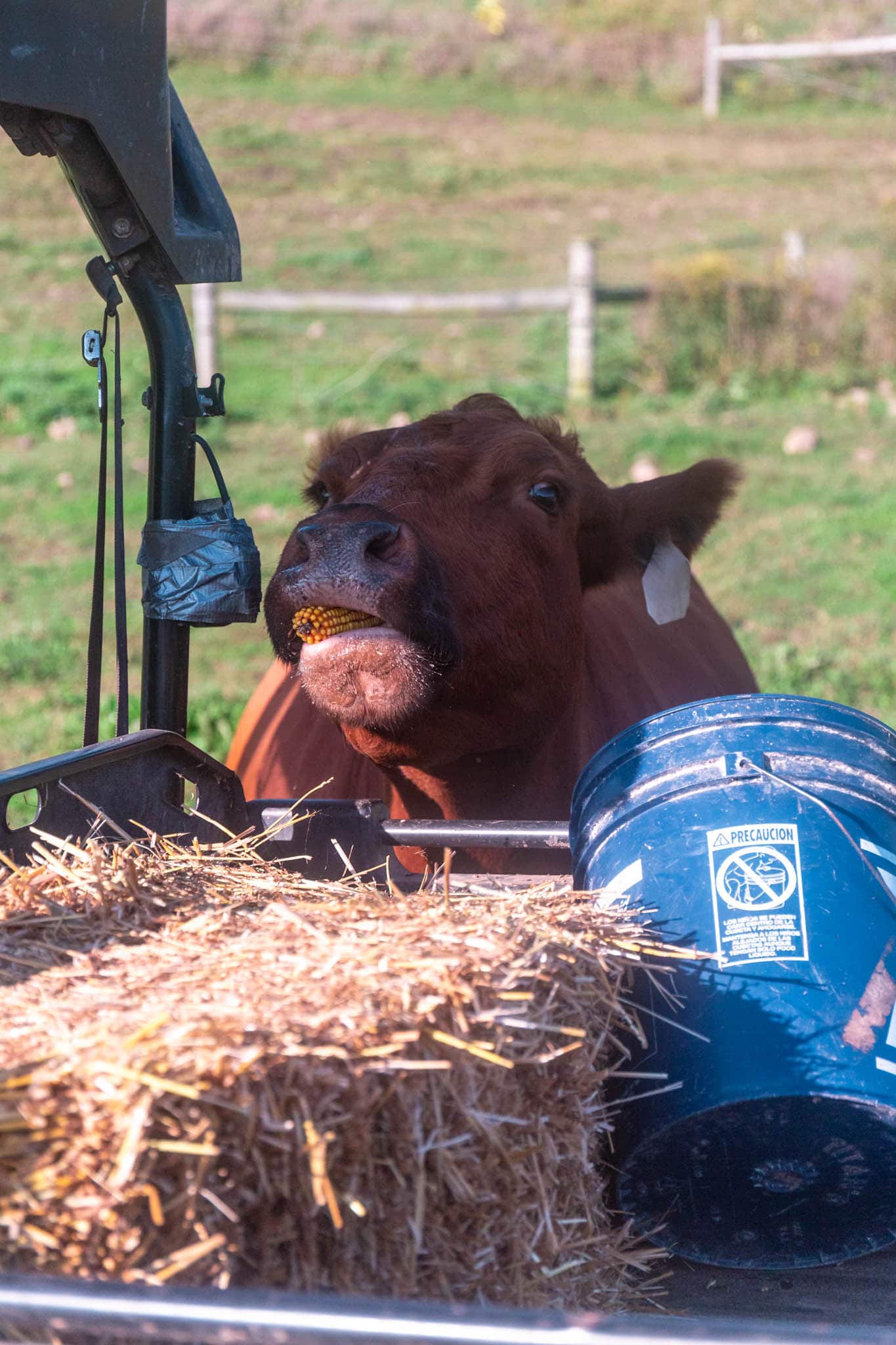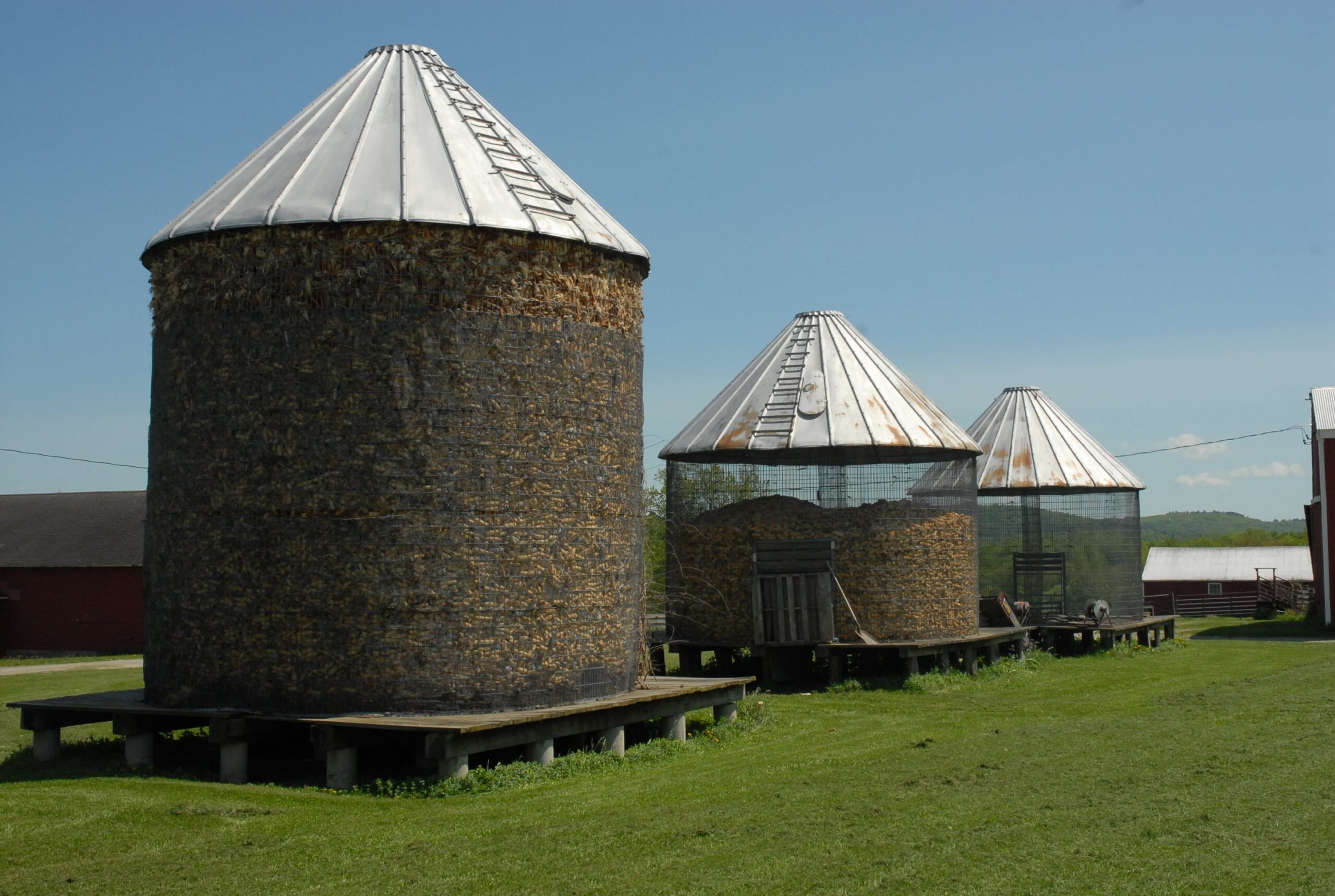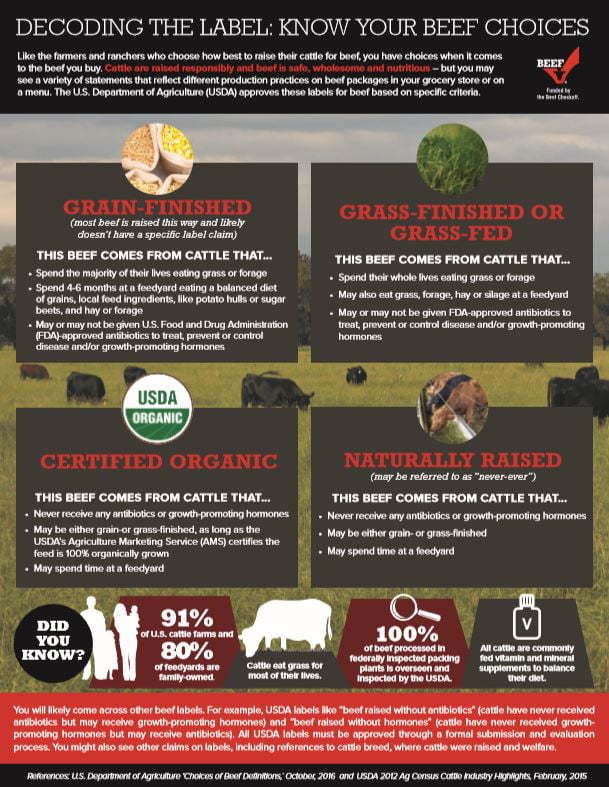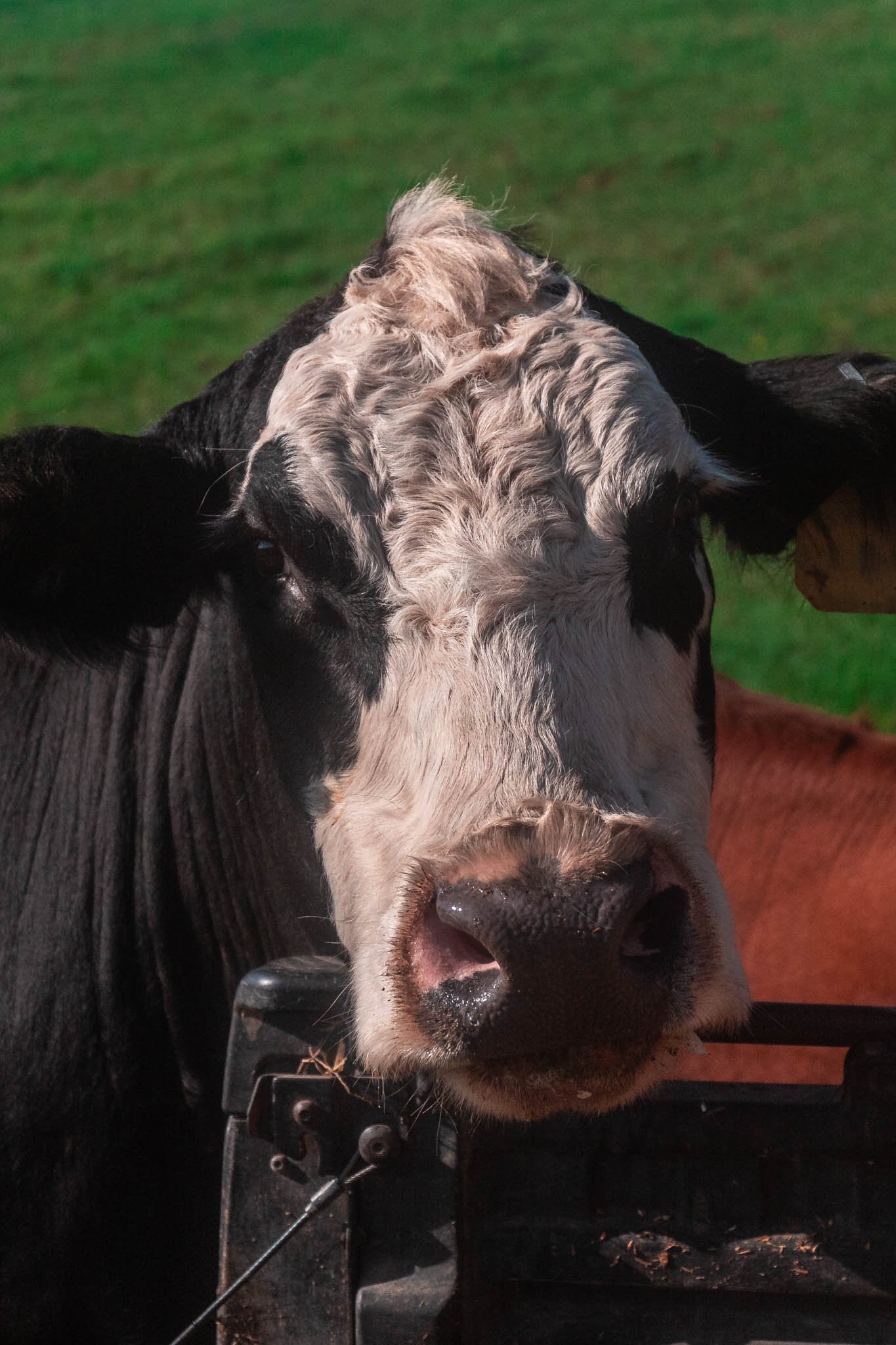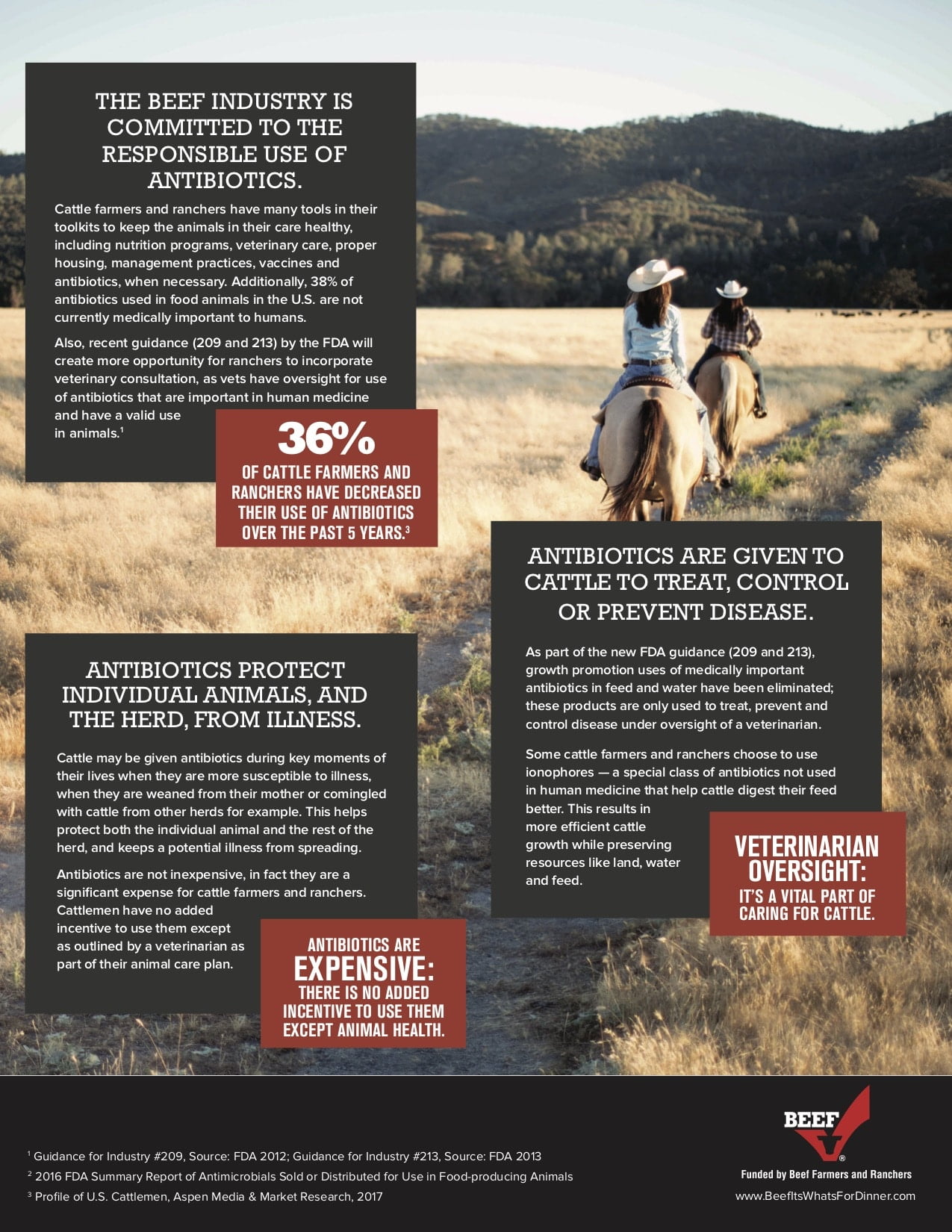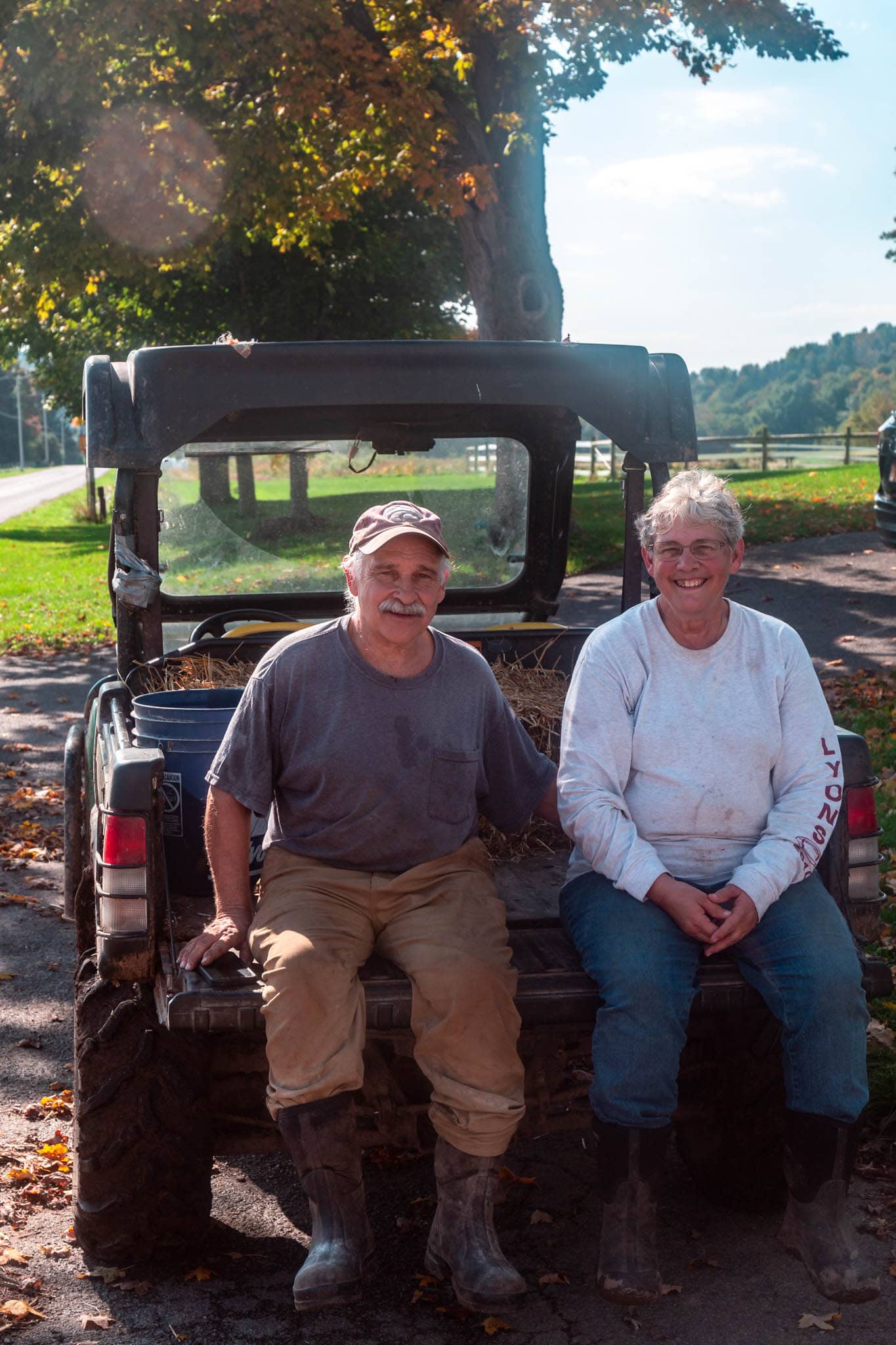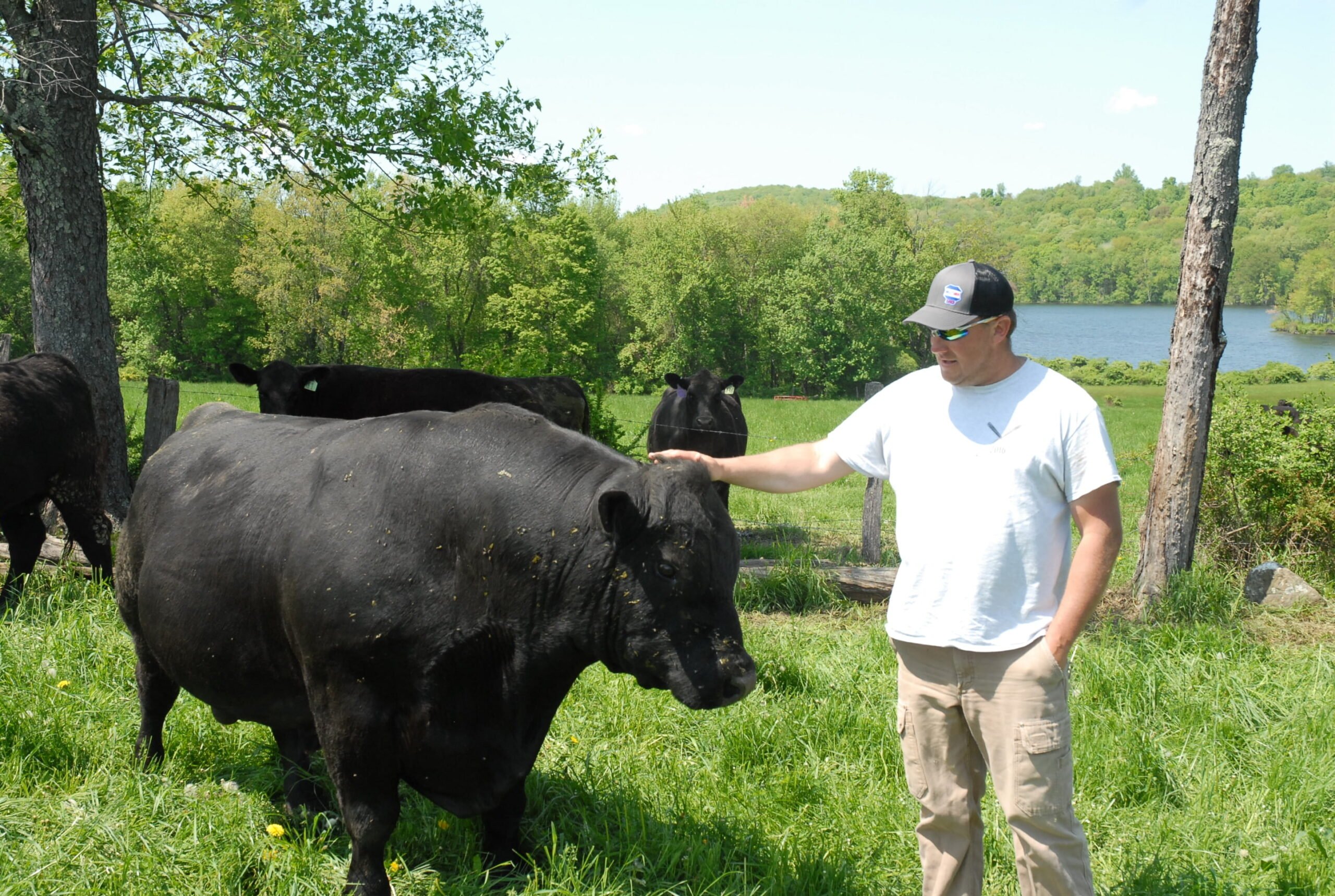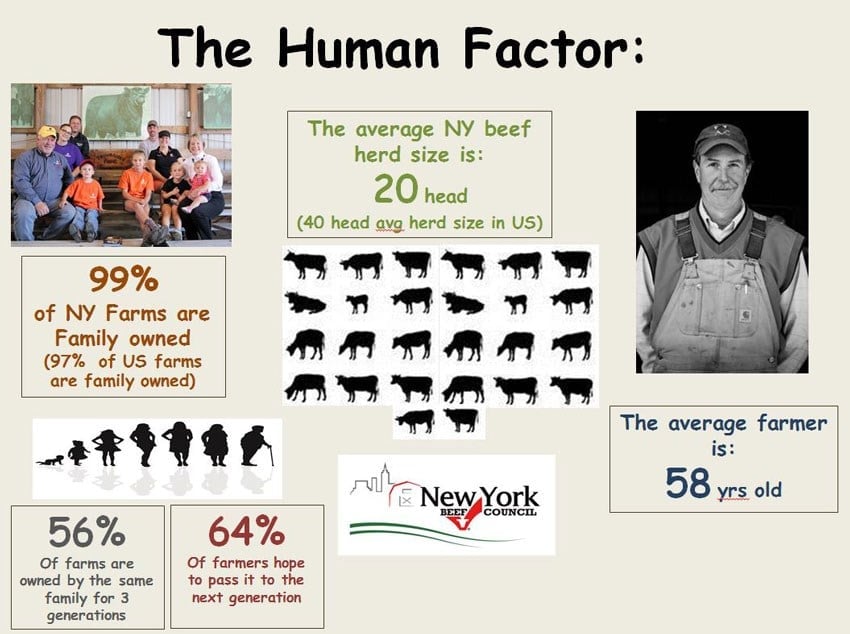Meet your Meat – Demystifying Beef Production
This post is sponsored by the NY Beef Council.
I consider myself to be a conscious carnivore. I’ve eaten beef my entire life and I really enjoy it. However, I used to feel weird every time the subject “beef production” would come up, and I would avoid it like the plague!
So I decided to face my fears and took my family to visit a few beef farms to start learning about beef production, since there is a lot of misinformation out there.
I was honestly afraid that embarking on this journey would make me stop eating beef altogether, but – to my surprise – the opposite has happened! I feel better about my (conscious) choices and about how beef is produced, especially here in the NY area.
I still love my veggies, but I do love meat too, so this is an attempt to share a little bit of what I’ve learned, that way we can all be a little more informed.
It would be impossible to cover everything in a single post, so I’m gonna have to choose just a few topics. Hopefully, if you guys like this kind of article, I can post more about beef production (and related subjects) in the future!
Today I am choosing to debunk some of the myths that have been propagated by activists via social media and documentaries. They spread a lot of lies!
And just as a reminder, while I am open for respectful conversations, rude comments will be deleted. Let’s all be nice before jumping each other’s necks! :)
Myth #1: Beef Comes From Factory Farms and animals are mistreated
As I said before, my first step towards learning about beef was to go visit a beef farm and see how the animals are treated. This was really important to me!
What I learned is that raising beef requires a broad community of dedicated people working together. Farmers, cattle feeders, rancher, veterinarians and nutritionists are only some of the people who make decisions daily on how to raise beef and keep the animals healthy and safe.
97% of beef farms are family-owned, sometimes being in the same family for over three generations.
I have met some of these families and have seen first hand their love for the animals. They are not only committed to giving them a good life, but their mission is to provide us with the safest, highest-quality beef while being conscious about the environment.
Steve Olson – pictured above – from Hidden Canyon Farm, loves his cows so much that he has named every single one. I was impressed that he could tell them apart! And it’s super cute when he calls them and they come running!
Chris Howard, from Rally Farms, knows exactly where his steers are hanging out, depending on the time of the day and the weather. He took us for a drive to find them and they were all hiding from the sun in the shade, but very happy to see him (and us) when we approached.
Myth #2: Grass-Finished Beef is Better for you
Noticed how I wrote “grass-finished” and not “grass-fed”.
Y’all like to imagine happy cows, running around in the pasture and eating grass. None of that corn nonsense! Carbs? Gasp! Those are the DEVIL! (*insert eye roll here*)
Well, the truth is most cattle spend the majority of their lives in pastures eating grass before moving to a feedlot for grain-finishing. The difference is that grass-finished cattle remain on a pasture and grass diet their entire lives.
All beef – whether grain-finished, grass-finished, certified organic or natural – go through the same rigorous inspection process and are subject to strict government guidelines to ensure the highest level of safety.
If you’re worried about the environment, grass-finished beef takes longer (on average 226 days longer) to raise, therefore requiring more resources like land, water and feed. And that’s why it costs more in the supermarket! Not because it is “better”.
I’ve also read about a study conducted by the University of Nebraska-Lincoln, having consumers rate grain-fed beef and grass-finished beef for flavor, tenderness and overall acceptability. Guess who won? You bet! They rated grain-fed beef higher for all these things!
Myth #3: The use of antibiotics in livestock makes our food less safe
Y’all have no idea how strict the FDA is about beef production. The use of antibiotics in animals is strictly regulated, and farmers work closely with veterinarians to ensure they are used appropriately.
Yes, they use antibiotics to treat sick cattle, but there are so many practices in place to minimize the number of cattle that get sick.
Also, there are mandatory withdrawal times between the use of the medicine and the harvesting of the cattle, to ensure the meat is antibiotic-free. The FDA routinely tests for antibiotic residues and has zero tolerance for residue violations.
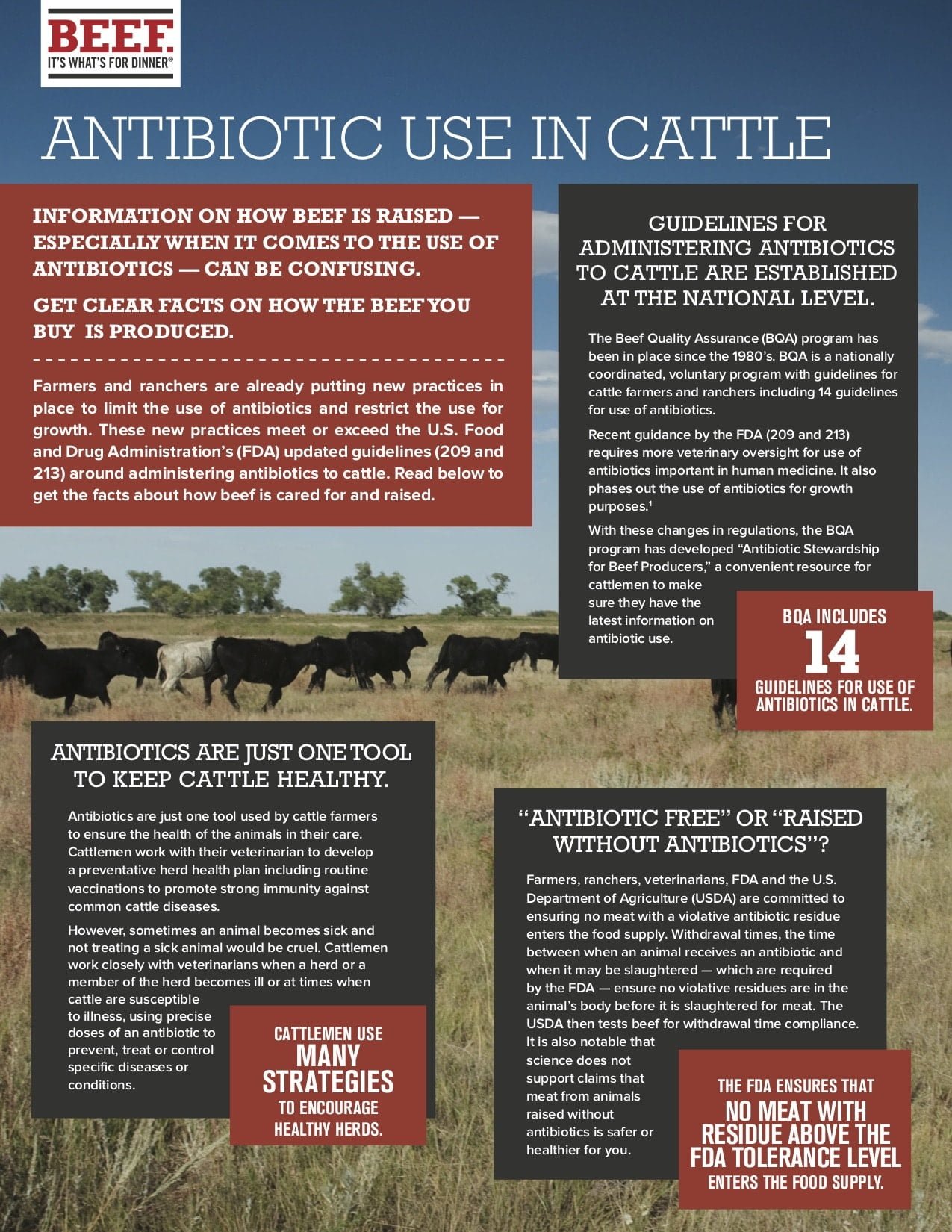
At the end of the day, there are no known food safety benefits from not using antibiotics. Without them, animals can get sick, suffer and die. And we don’t want sick animals entering the food supply, do we?
What about hormones?, you might be asking yourself. Are cattle “pumped full” of hormones like the activists preach?
No! The reality is a very small amount of hormone is delivered to the animal, which stimulates its own hormone production. And guess what? Everything that grows has hormones. There is no such thing as hormone free anything, except for water and salt!
When you eat a burger, there are more hormones in the bun than in the meat.
A huge thanks to the beef community
I want to end this post thanking the people that raise our food!
I think the biggest misconception out there is that beef raising is a big production. Steve and his wife Sue raise their cattle (and horses) all by themselves!
When I asked Sue what they do for fun, she told me not much, since they have to be up early to take care of the cows! There are no weekends, evenings or holidays off. They work hard and make sure to check each and every one of their cows every single day!
So, if you like beef, please support these people! Raising beef is a complex journey and these families not only put all their energy and love into their business, but are very committed to safety and quality.
If you have any questions, feel free to reach out and I’ll try to answer them to the best of my ability. If I don’t know the answer, I’ll probably ask Steve! haha
And if you are interested in reading more, the websites Beef It’s What’s For Dinner and NY Beef Council are amazing resources.


